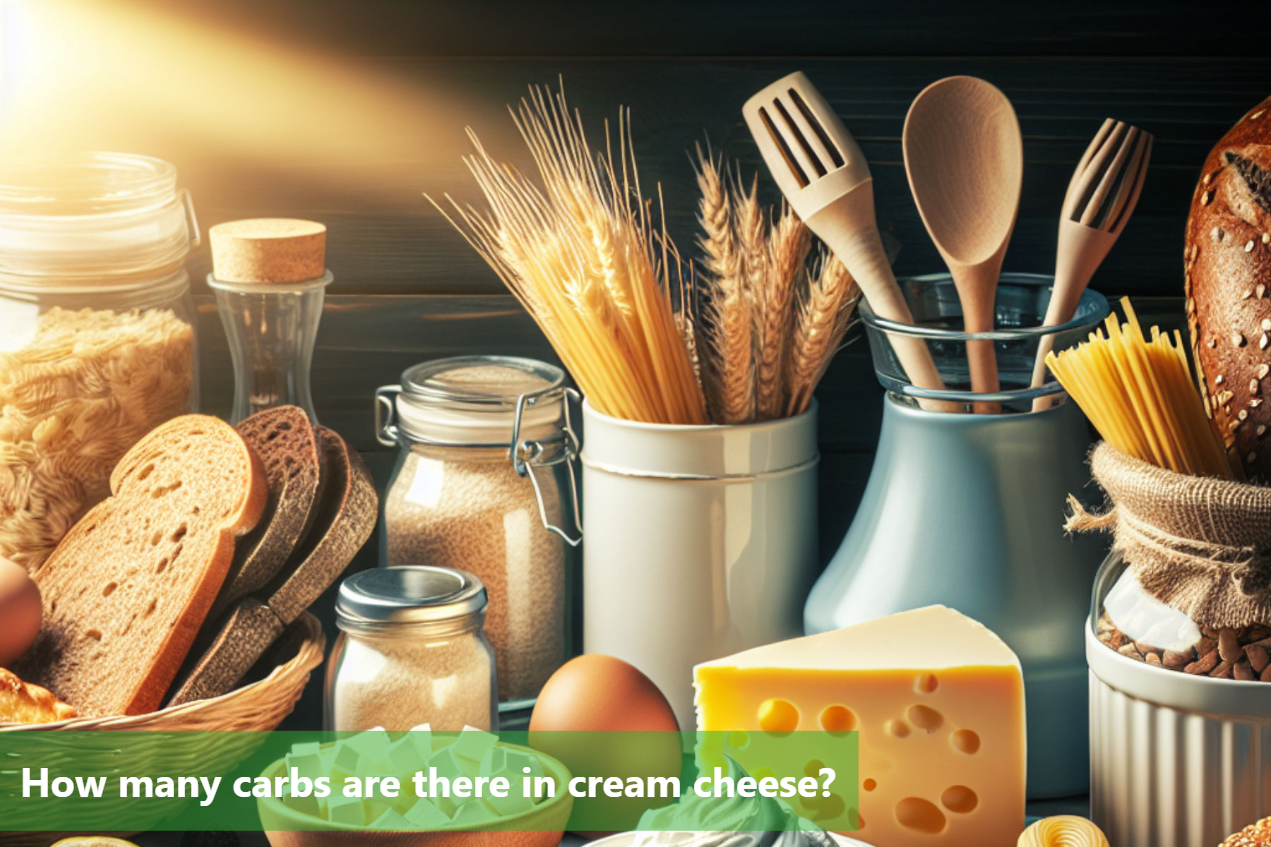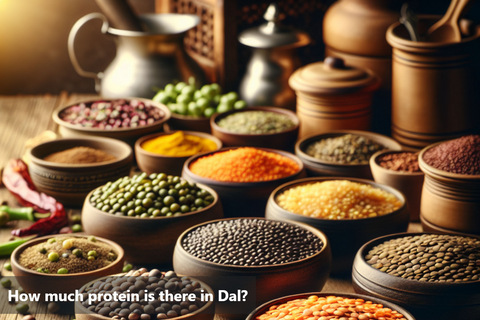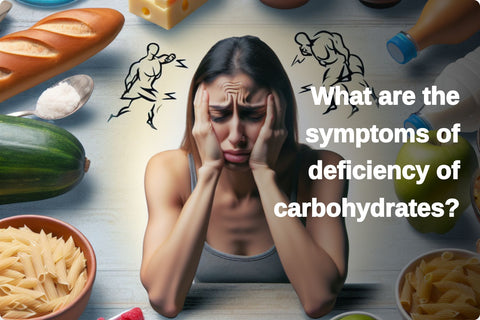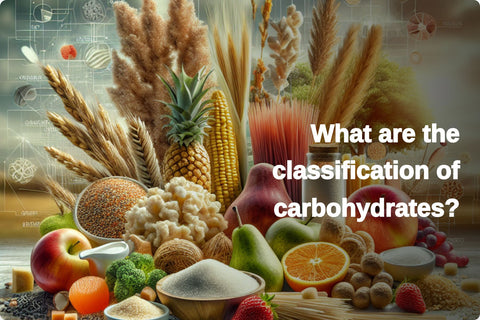
How many carbs are there in cream cheese?
Cream cheese is a popular soft cheese known for its creamy texture and mild flavour. It is made from a mixture of cream and milk, which gives it a smooth consistency perfect for spreading on bagels or using in various recipes.
For individuals following a low-carb diet, being aware of the carb content in cream cheese is crucial. While cream cheese is generally low in carbohydrates, it still contains some amount of carbs that need to be taken into consideration. Understanding the carb content in cream cheese can help individuals make informed choices while planning their meals and snacks.
Apart from its carb content, knowing the nutrition profile of cream cheese is essential for those focusing on a low-carb diet. By understanding the calories, fats, proteins, and other nutrients in cream cheese, individuals can better manage their daily intake and ensure they stay within their dietary goals.

Nutritional Content of Cream Cheese
The following nutrition information is provided for 1 tablespoon (14.5g) of cream cheese:
Calories |
50.8 |
Fat |
5g |
Sodium |
46.5mg |
Carbohydrates |
0.8g |
Fibre |
0g |
Sugars |
0.5g |
Protein |
0.9g |
Vitamin A |
44.7mcg |
Choline |
3.9mg |
Vitamin E |
0.1mg |
Carb Content in Cream Cheese
Cream cheese is a versatile and creamy dairy product that can be a delicious addition to many dishes.
In general, regular cream cheese contains around 1 gram of carbs per tablespoon serving. However, this carb content can vary depending on the type of cream cheese you choose. For example, low-fat or flavoured cream cheese may contain slightly more carbs due to added ingredients.
If you're looking to reduce your carb intake, you can opt for a lower carb option by selecting plain, full-fat cream cheese.
This choice typically has the lowest carb count compared to other varieties. When checking the nutrition label, focus on the total carb content and ingredients list to make an informed choice.
When incorporating cream cheese into your low-carb diet, being mindful of the carb content can help you stay on track with your nutritional goals.
-
By choosing lower carb options and monitoring portion sizes, you can enjoy the creamy goodness of cream cheese while managing your carb intake effectively.
Incorporating Cream Cheese into a Low-Carb Diet
One way to use cream cheese in a low-carb diet is by creating flavourful and satisfying recipes. For instance, you can make a creamy spinach and feta stuffed chicken breast using cream cheese as a base, or whip up a low-carb cheesecake for a guilt-free dessert option.
To balance the carb content of cream cheese with other low-carb foods, consider pairing it with high-fibre vegetables like bell peppers, cucumbers, or celery. These crunchy veggies not only add texture to your snack but also help in reducing the overall carb load of your meal.
-
Additionally, incorporating cream cheese into a ketogenic diet can provide a good source of fat while keeping the carb intake low.
Experiment with different recipes and serving suggestions to find creative ways to enjoy cream cheese while maintaining a low-carb lifestyle. By making thoughtful choices and pairing cream cheese with complementary ingredients, you can savour its creamy goodness without compromising your dietary objectives.

Cream Cheese Takeaway
Understanding the carb content in cream cheese is essential for individuals who are conscious of their carbohydrate intake. By knowing the nutritional information of cream cheese, one can make informed decisions that align with their dietary goals.
When incorporating cream cheese into a low-carb diet, remember to opt for varieties with lower carb content, such as reduced-fat or plain options. Additionally, experimenting with portion sizes and finding creative ways to include cream cheese in recipes can enhance your low-carb culinary experience.
By staying mindful of the carbs in cream cheese and making mindful selections based on your dietary needs, you can savour this versatile ingredient while staying on track with your low-carb lifestyle. Always prioritise your nutritional goals and enjoy the journey of exploring delicious low-carb options.
FAQs
-
How many carbs are in regular cream cheese?
A typical serving of regular cream cheese contains around 1-2 grams of carbs per ounce.
-
Is there a low-carb version of cream cheese available?
Yes, there are low-carb or even zero-carb cream cheese options that are specifically formulated to be keto-friendly.
-
Can flavoured cream cheese contain more carbs than plain cream cheese?
Yes, flavoured cream cheese varieties, such as those with fruit or herbs, might have slightly higher carb content due to added ingredients.
-
Are there any cream cheese alternatives with lower carbs?
Some non-dairy cream cheese alternatives made from ingredients like almond or coconut milk may have fewer carbs compared to traditional cream cheese.
-
Should I be concerned about the carb content in cream cheese?
The carb content in cream cheese is relatively low, but it's essential to consider your overall daily carb intake if you are following a specific diet or have dietary restrictions.
This Blog post is an initiative by Lo! Foods, to provide accurate and Nutritionist / Doctor approved information related to Health. Lo! Foods is India's leading brand for Everyday Functional Foods. Foods designed for specific Health conditions or Needs. Lo! Foods also runs India's largest range of Low Carb Healthy Cloud Kitchens, under the brand names of Lo!, ProteinChef, ATH (All Things Healthy) and DiabeSmart.















Leave a comment
Your email address will not be published.